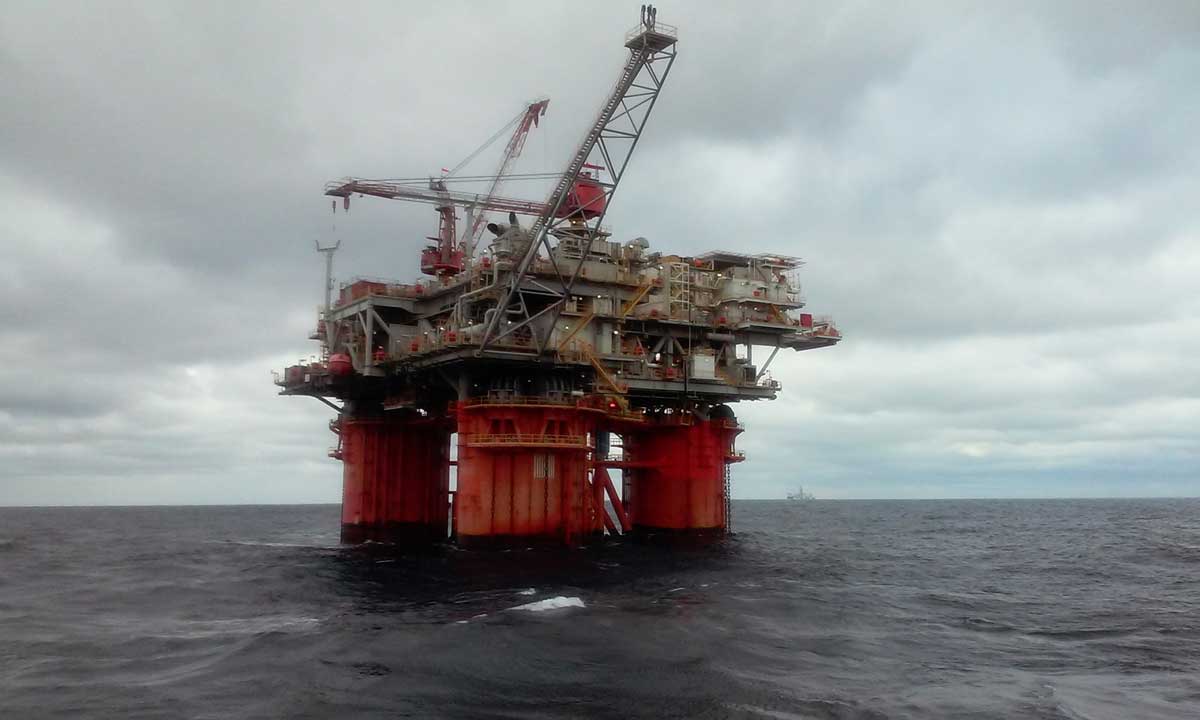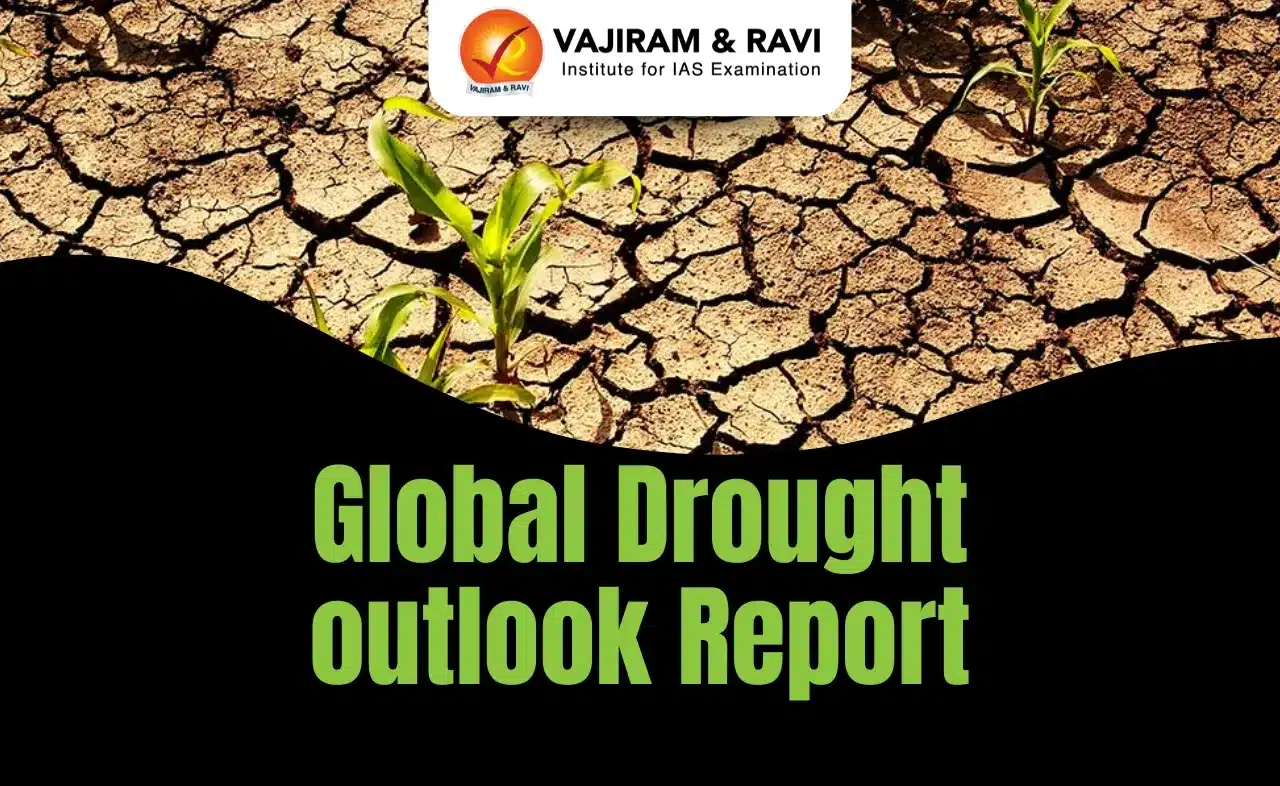About Offshore Areas Minerals (Development and Regulation) Amendment Bill, 2023:
- The Bill amends the Offshore Areas Mineral (Development and Regulation) Act, 2002.
- The new bill regulates mining in maritime zones of India.
- Highlights of the Bill:
- It allows the government to reserve offshore areas that are not held under any operating rights.
- The Bill also allows the administering authority to grant a composite licence or production lease to the government or a government company.
- It proposes to remove the provision for renewal of production lease and provide a fixed period of fifty years for production lease similar to the provisions of the Mines and Minerals (Development and Regulation) Act 1957.
- It also seeks to provide for the grant of production lease to the private sector only through auction by competitive bidding.
- It also provides for grant of operating rights without competitive bidding to a government or a government company, or a corporation in the mineral-bearing areas reserved by the central government.
- In the case of atomic minerals, the grant of exploration licence or production lease shall be made only to a government or a government or corporation.
- It aims to introduce a four-year timeline for commencement of production and dispatch after the execution of composite licence or production lease under and timeline of two years (extendable by one year) for re-commencement of production and dispatch after discontinuation.
- It will enable the central government to frame rules for the conservation and systematic development of minerals in offshore areas and for the protection of the environment by preventing or controlling any pollution which may be caused by exploration or production operations.
Q1) What is a Mineral?
A mineral is a naturally occurring homogeneous solid with a definite chemical composition and a highly ordered atomic arrangement. It is usually formed by inorganic processes. There are several thousand known mineral species, about 100 of which constitute the major mineral components of rocks; these are the so-called rock-forming minerals. Examples of minerals include quartz, feldspar minerals, calcite, sulfur and the clay minerals such as kaolinite and smectite.
Source: Lok Sabha passes Bill to provide fixed 50-year production lease for offshore minerals
Last updated on June, 2025
→ UPSC Notification 2025 was released on 22nd January 2025.
→ UPSC Prelims Result 2025 is out now for the CSE held on 25 May 2025.
→ UPSC Prelims Question Paper 2025 and Unofficial Prelims Answer Key 2025 are available now.
→ UPSC Calendar 2026 is released on 15th May, 2025.
→ The UPSC Vacancy 2025 were released 1129, out of which 979 were for UPSC CSE and remaining 150 are for UPSC IFoS.
→ UPSC Mains 2025 will be conducted on 22nd August 2025.
→ UPSC Prelims 2026 will be conducted on 24th May, 2026 & UPSC Mains 2026 will be conducted on 21st August 2026.
→ The UPSC Selection Process is of 3 stages-Prelims, Mains and Interview.
→ UPSC Result 2024 is released with latest UPSC Marksheet 2024. Check Now!
→ UPSC Toppers List 2024 is released now. Shakti Dubey is UPSC AIR 1 2024 Topper.
→ Also check Best IAS Coaching in Delhi
























